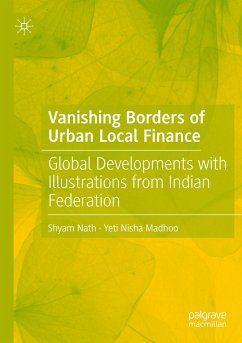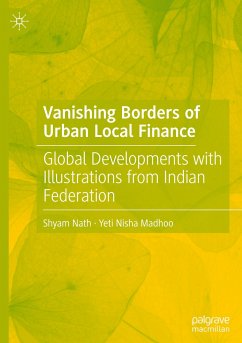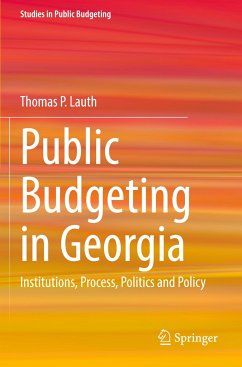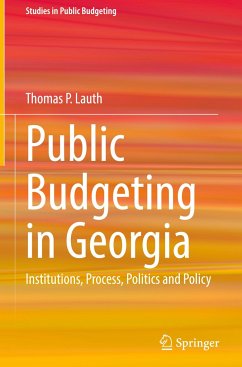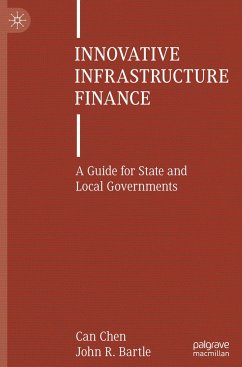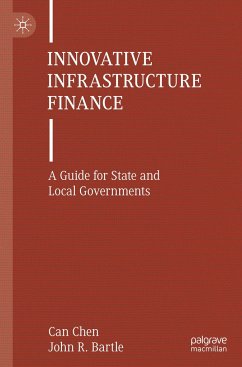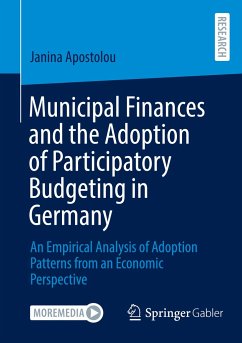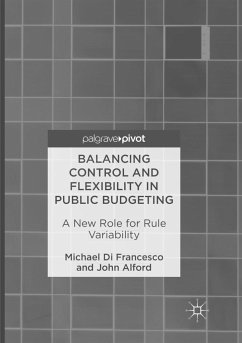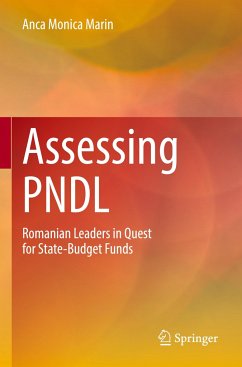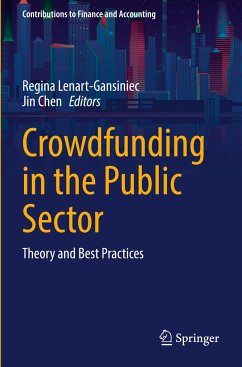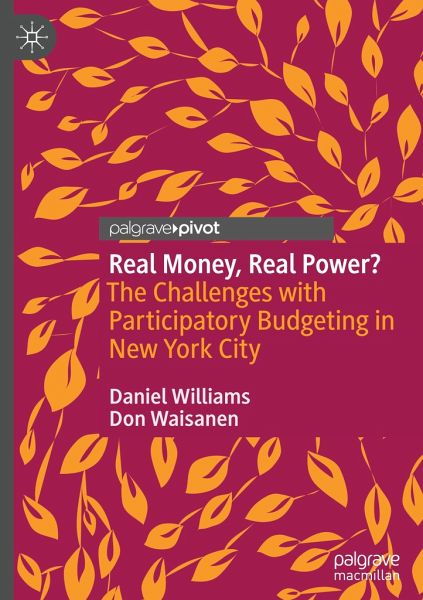
Real Money, Real Power?
The Challenges with Participatory Budgeting in New York City

PAYBACK Punkte
19 °P sammeln!
New York City has the largest council-sponsored Participatory Budgeting (PB) processes in North America. From its inception in Brazil, PB was a process that empowered the least-advantaged members of the community by providing a way to propose budget allocations through voting. This book reports on a multi-methodological study of New York City's participatory budgeting (PB) process from the perspective of a city resident over time. A participatory budgeting slogan purports that the initiative offers "real power" and "real money" to constituents at a local level. To critically examine such top-d...
New York City has the largest council-sponsored Participatory Budgeting (PB) processes in North America. From its inception in Brazil, PB was a process that empowered the least-advantaged members of the community by providing a way to propose budget allocations through voting. This book reports on a multi-methodological study of New York City's participatory budgeting (PB) process from the perspective of a city resident over time. A participatory budgeting slogan purports that the initiative offers "real power" and "real money" to constituents at a local level. To critically examine such top-down assertions, and different than much that has been written about PB, this book researches and navigates its events the way a member of the community would see it. The study reveals a lack of transparency, manipulation by city agencies, the favorable treatment of insider proposed projects, and a failure to reveal the basis of project costs. It also finds that there is no singular participatory budgeting project in New York City. Instead, there are numerous participatory budget projects, as many as there are council members who engage in the practice. This book provides a ground-level view of these limitations and recommends substantial reform.



